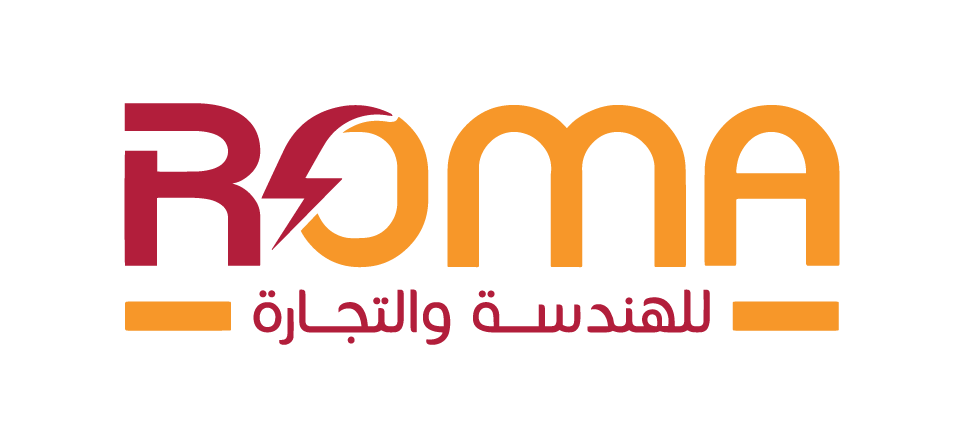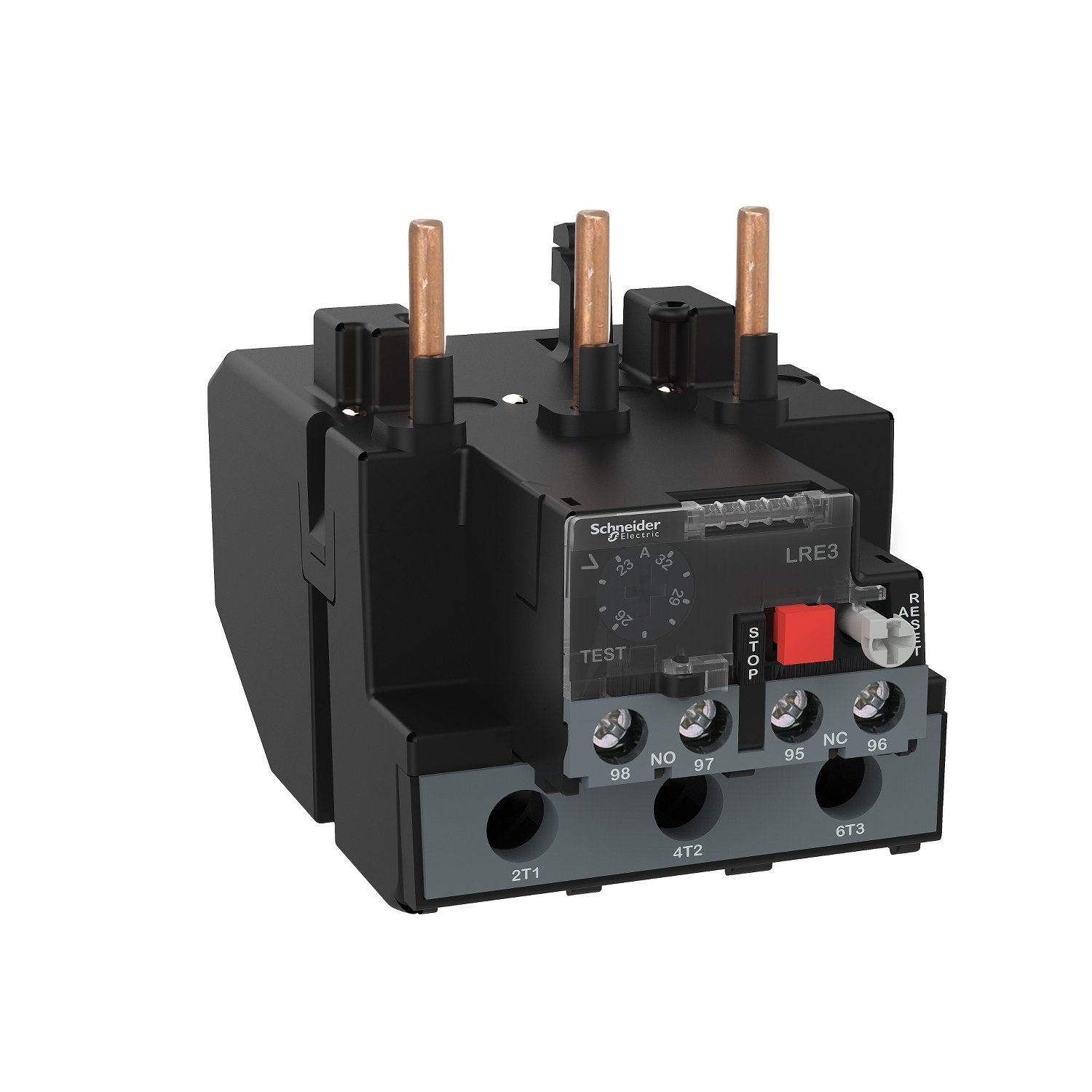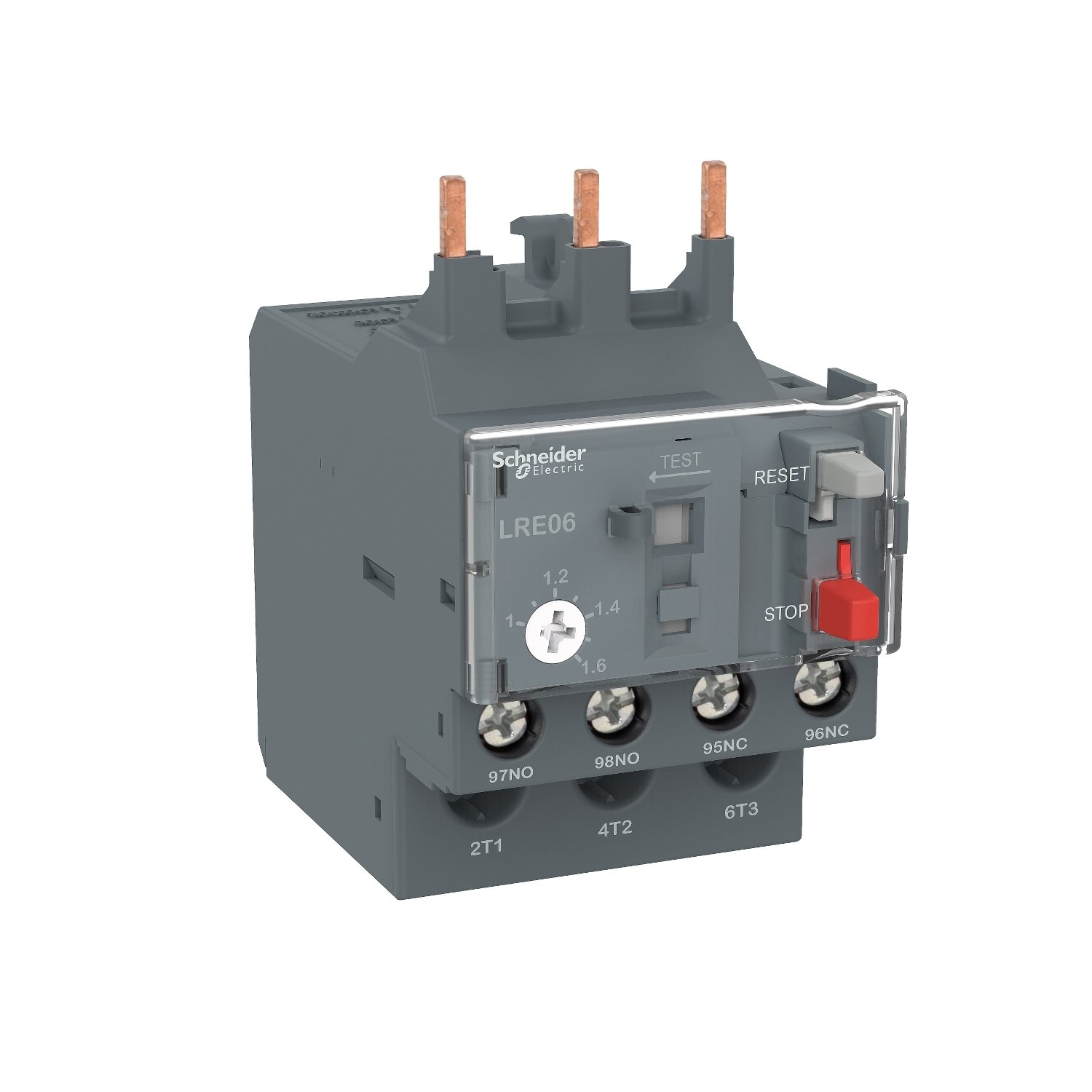Schneider LRE363 | Thermal overload relay,EasyPact TVS,63…80A,class 10A
Original price was: EGP4,674.EGP2,524Current price is: EGP2,524.
In stock
Description
Schneider LRE363 | Thermal overload relay,EasyPact TVS,63…80A,class 10A
Outline Table:
| Heading | Subheading |
|---|---|
| Introduction | What is Schneider LRE363? |
| Features | EasyPact TVS |
| Specifications | Current Rating |
| Class | Class 10A |
| Description | Overview |
| Installation | Step-by-step guide |
| Operation | How it works |
| Applications | Where to use |
| Advantages | Benefits |
| Comparisons | Similar products |
| Maintenance | Tips for upkeep |
| Safety Precautions | Important guidelines |
| Conclusion | Recap and final thoughts |
| FAQs | Common questions answered |
Schneider LRE363 | Thermal overload relay, EasyPact TVS, 63…80A, class 10A description
Introduction
Schneider LRE363 is a thermal overload relay designed for industrial applications, offering reliable protection to electrical circuits against overloads and short circuits. This article explores its features, specifications, installation process, operation, applications, advantages, and more.
Features
The EasyPact TVS series from Schneider Electric boasts advanced features such as precise tripping characteristics, a wide range of current ratings including 63A to 80A, and a class 10A thermal overload relay, ensuring efficient protection for electrical systems.
Specifications
The Schneider LRE363 thermal overload relay is rated for currents ranging from 63A to 80A, making it suitable for a variety of industrial setups. Its class 10A designation indicates its quick response time to overload conditions, preventing damage to connected equipment.
Description
This relay provides a comprehensive solution for managing electrical loads within specified limits. Its compact design and robust construction make it ideal for use in demanding environments where reliability is paramount.
Installation
Installing the Schneider LRE363 is straightforward with the provided instructions. Users should ensure proper wiring and adherence to safety guidelines during installation to guarantee optimal performance.
Operation
The relay operates by monitoring current flow and responding swiftly to abnormal conditions. It disconnects the circuit when overload or short circuit situations are detected, preventing equipment damage and ensuring uninterrupted operation.
Applications
The Schneider LRE363 finds applications in various industries such as manufacturing, commercial buildings, and infrastructure projects where reliable circuit protection is essential. It is commonly used in motor control panels and distribution boards.
Advantages
- Precise tripping characteristics
- Wide current rating range
- Class 10A protection
- Compact design
- Easy installation and maintenance
Comparisons
Compared to similar products, the Schneider LRE363 stands out due to its advanced features, reliability, and compatibility with a wide range of electrical systems.
Maintenance
Regular maintenance is crucial to ensure the continued performance of the Schneider LRE363. Cleaning contacts, checking for loose connections, and verifying calibration are part of routine maintenance tasks.
Safety Precautions
Users should follow safety guidelines provided by Schneider Electric during installation, operation, and maintenance to avoid accidents and ensure optimal performance of the thermal overload relay.
Conclusion
In conclusion, the Schneider LRE363 thermal overload relay is a dependable solution for protecting electrical circuits from overloads and short circuits. Its advanced features, wide current rating range, and ease of installation make it a preferred choice in various industrial applications.
FAQs
- What is the purpose of a thermal overload relay? A thermal overload relay protects electrical circuits from damage due to excessive currents, preventing overheating and potential hazards.
- What is the current rating range of the Schneider LRE363? The Schneider LRE363 is rated for currents ranging from 63A to 80A, making it suitable for a wide range of applications.
- How does the class 10A designation benefit the relay’s performance? Class 10A indicates that the relay has a quick response time to overload conditions, ensuring prompt circuit protection.
- Can the Schneider LRE363 be used in motor control panels? Yes, the Schneider LRE363 is commonly used in motor control panels and distribution boards to protect connected equipment.
- What are the key advantages of the Schneider LRE363 compared to other relays? Some key advantages include precise tripping characteristics, a wide current rating range, and ease of installation and maintenance.
Only logged in customers who have purchased this product may leave a review.




Reviews
There are no reviews yet.